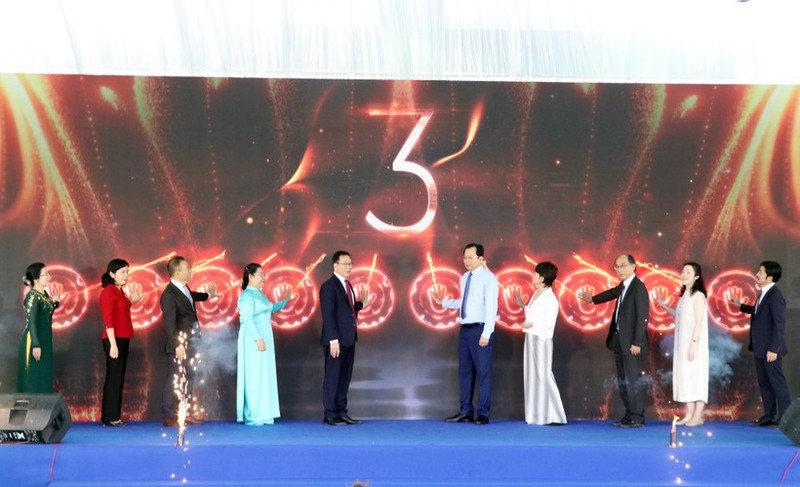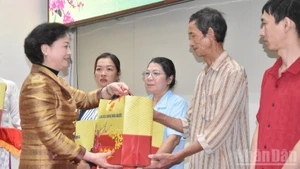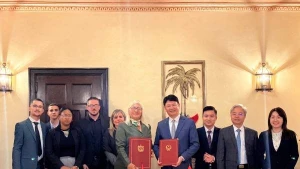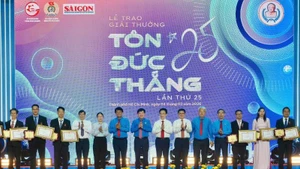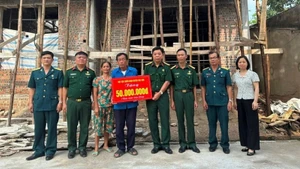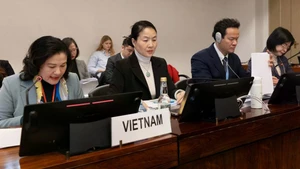Located in My Xuyen ward, Can Tho city, the JPC is the first Japanese-standard vocational school established in the Mekong Delta region. It is also the first institution in the region to adopt a training model directly linked to recruitment by Japanese enterprises.
The school was founded based on a cooperation agreement signed in 2023 between Esuhai Group and the People’s Committee of the then Soc Trang province, now Can Tho city. The agreement focuses on three key areas, namely training and dispatching skilled human resources to Japan, promoting cooperation between local authorities and Japanese businesses, and building a Japanese-standard vocational school.
The JPC aims to train a highly skilled workforce to meet international integration requirements. Its standout feature lies in the close connection between classroom learning and practical training. Students receive vocational training aligned with Japanese standards, professional Japanese language instruction, workplace skills for Japanese enterprises, and physical training according to international benchmarks.
After completing their studies in Viet Nam, students will undertake professional internships in Japan, with guaranteed employment and an income of 30–35 million VND (1,138 – 1,328 USD) per month. Upon completion, they may extend their working period in Japan for an additional 2.5–5 years, gaining experience and savings before returning home to contribute to local development.
Speaking at the ceremony, Vice Chairman of the municipal People’s Committee Vuong Quoc Nam urged Esuhai and the JPC to continue expanding investment and improving training quality, gradually upgrading the school into a high-quality Japanese-standard college. He also encouraged the expansion of enrolment across Can Tho and neighbouring provinces, aiming for 2,000–3,000 students annually to meet the growing demand for skilled labour and support socio-economic development in the city and the Mekong Delta region.
At the event, the JPC signed several cooperation agreements with Japanese partners and organisations on training and labour export collaboration.
On this occasion, the JPC also held a send-off ceremony for 31 students of the first cohort heading to Japan for study and work in various fields, including electricity, electronics, hospitality, and healthcare. The school and Esuhai Group awarded 345 scholarships worth over 2.2 billion VND to students.
